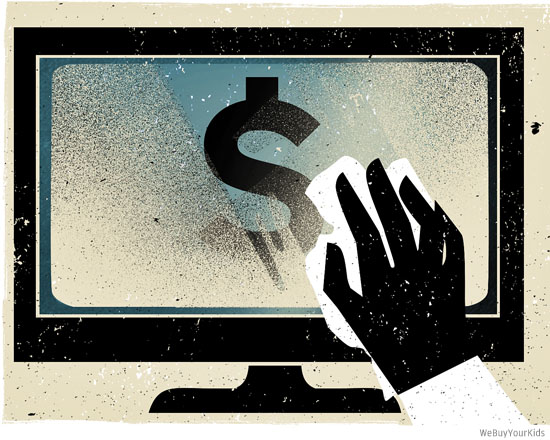
The Supreme Court’s 2010 Citizens United decision unleashed a torrent of campaign spending, the impact of which we are witnessing firsthand as the GOP primary unfolds, media market by media market. Candidates and their advocates set records for broadcast ad buys in both South Carolina and Florida. And Campaign Media Analysis Group, which tracks political ad expenditures, estimates that $3 billion, and maybe more, will be spent on all campaign advertising this year. Much of that windfall will go to commercial TV stations, which are required by the Federal Communications Commission to keep a file, available to the public, on the political ads they sell and air. Currently, those files are stuck in the 20th century, tucked away in filing cabinets at individual stations. Anyone interested in learning who is paying what to influence our elections must go to each station and pick through the files by hand.
Voters have an absolute right to know who is paying for all those ads that invade the airspace—their airspace—and this system effectively blocks them from doing so.
The FCC has wisely proposed putting these files online. The broadcasters, though, are opposed. They claim it would require them to hire additional staff to convert and upload the existing paper files, and to keep those files updated; that it would put them at a competitive disadvantage to have their ad rates and other information so widely accessible; and that the public-interest value is minimal because traditionally it has been the campaigns themselves—not the public—that makes use of these files.
The relative merit of these arguments is beside the point. The broadcasters’ position is shortsighted. The world is moving online. It is moving online because the Internet helps organizations be more efficient, thereby saving them time and money. So whatever startup costs or inconveniences are necessary will be more than offset once the shift has occurred. It is called disruptive technology for a reason.
Besides, the FCC will build and maintain the database. All broadcasters have to do is feed information they already collect into it. True, this will require bringing a measure of standardization to what is now a haphazard system. Each of the roughly 1,400 commercial broadcast stations has its own way of compiling and managing its political file. The goal is a system in which the stations have software that interfaces with the FCC database, so when an advertiser calls or e-mails to purchase airtime, someone at the station enters the information into a form on his or her desktop, and uploads it to the database.
It also will require some commonsense decisions. For instance, the negotiations between an advertiser and the station before a deal is finalized may be handled over the phone, with handwritten notes, etc. None of that need be part of the online file. Just give us the terms of the final deal.
We would also remind the broadcasters that they are news organizations. Indeed, some of their employees might find that having easy access to campaign ad expenditures across media markets would be a windfall of a different, journalistic, sort.
Toward that end, it is not enough to simply put these documents online. The FCC will need to build a database that is searchable and sortable. It may want to consider making the raw data feed available as well, so that reporters can crunch the data as they wish.
The bottom line is that this can be done, and it is important that it be done. Campaign finance is arguably the political issue of our time. Any serious effort to fix the nation’s political dysfunction will have to address the outsized role money plays in determining who wins elections. In the absence of real reform, it is crucial that the system of campaign finance be as transparent as possible. News organizations should be at the vanguard of that effort, not attempting to stymie it because it inconveniences them in the short-term.
The Editors are the staffers of the Columbia Journalism Review.
